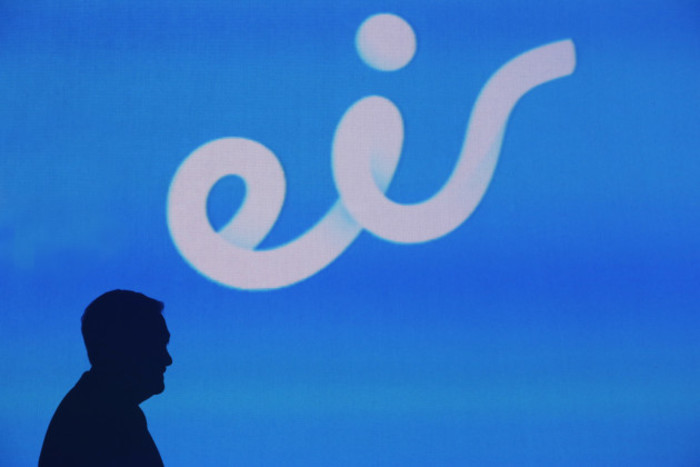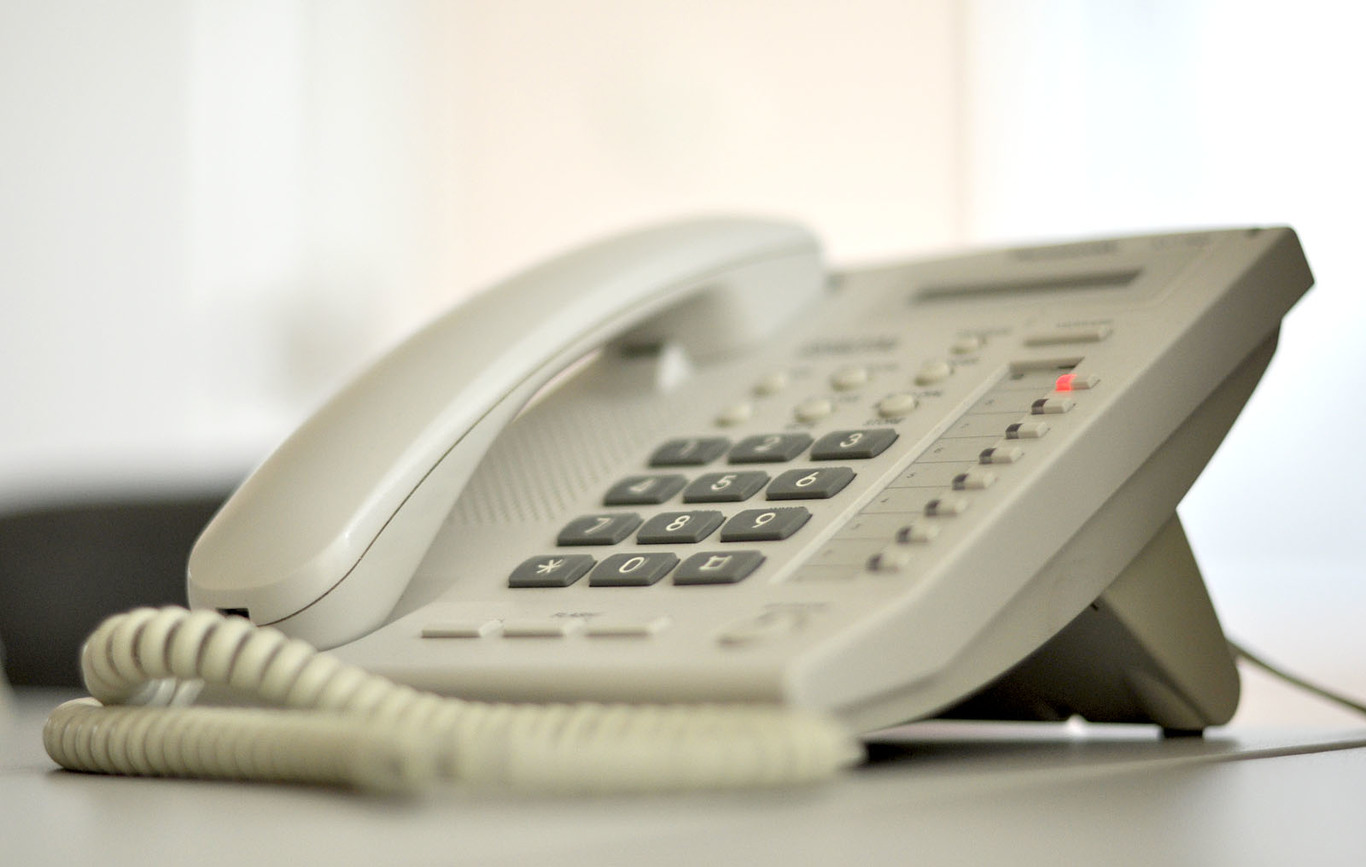Eir is challenging its legal requirement to provide basic phone services in rural areas
The company will file a claim against ComReg in the High Court later this week.
IRELAND’S LARGEST TELECOMMUNICATIONS company Eir believes it should no longer be obligated to provide rural areas with phone services.
Under its universal service obligation (USO), Eir is required by law to provide basic fixed line telephone services “at an affordable price” to people living in remote areas.
The USO rules state that Eir must foot up to €7,000 of the cost to install phone lines for homes and businesses in these areas.
The former semi-state company is expected to file a High Court claim against the Commission for Communications Regulation, or ComReg, later this week.
Eir has yet to make public a full breakdown of its claim, but confirmed in a statement that it has lodged an appeal on the grounds that progress is being made to roll out nationwide broadband and mobile services.
“Ireland no longer needs a universal service provider for voice services given the commercial rollout of fibre already delivered, future plans for fibre rollout and mobile services in place,” it said.
USO rules
ComReg designated Eir as Ireland’s universal social provider for another five years in July.
According to the communication regulator’s website, the concept of a universal social provider “is designed to ensure that every person can receive a basic set of high quality telecommunications services, no matter where they live, at an affordable price”.

Eir’s service must meet a number of basic requirements, including the ability to make international phone calls and provide at least functional internet access at a minimum dial-up speed of 28.9 kilobits per second.
The European Commission has indicated that it may extend USO rules to include broadband services.
Eir is also in charge of maintenance on existing telecoms networks. This is a point of contention for Sky, Vodafone, Magnet and BT, which depend on Eir’s network to provide their own services.
These other telecoms providers are currently involved in a separate dispute with the company over the time it takes Eir to repair faulty lines.






